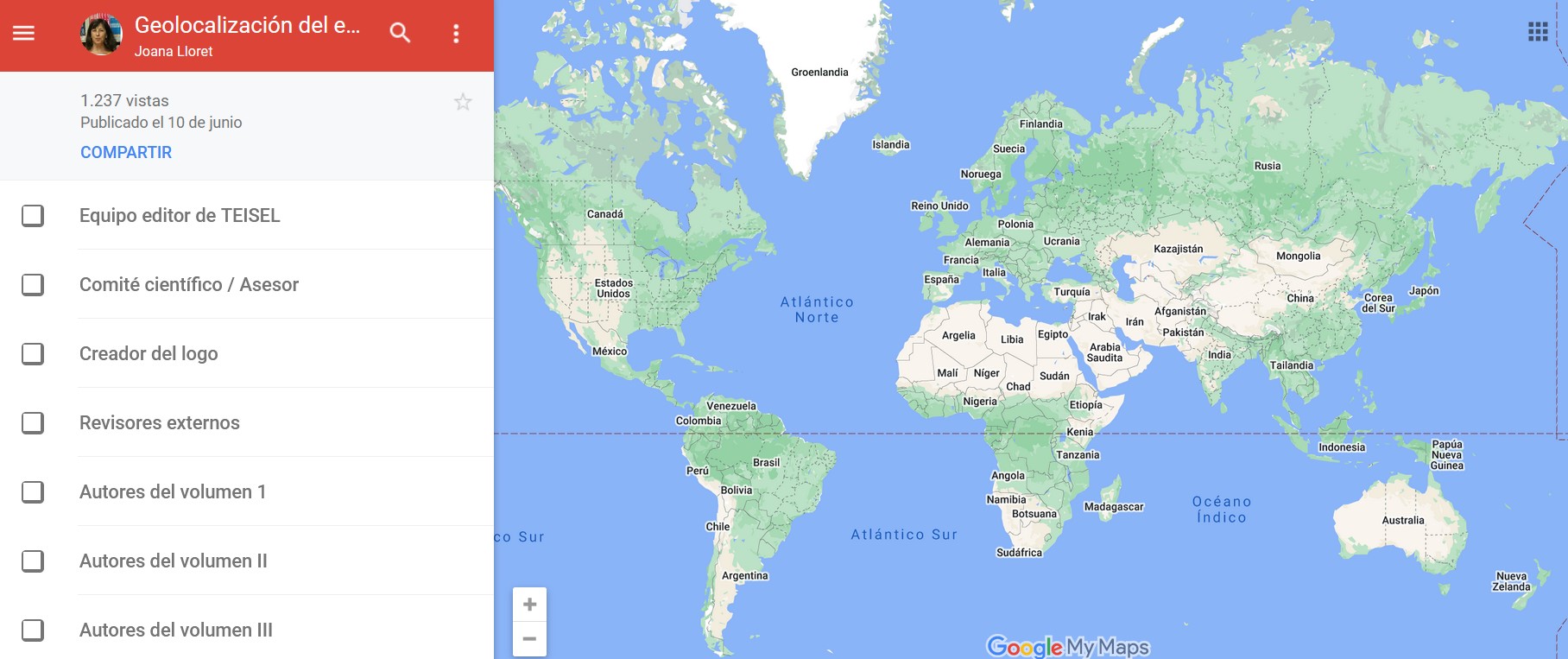Quantitative and qualitative analysis in researches of foreign languages
Rethink and perspectives from the use of SPSS and Atlas.ti
DOI:
https://doi.org/10.1344/teisel.v2.41969Abstract
This paper analyzes the advantages and disadvantages of the use of quantitative and qualitative methods in studies focused on foreign languages. We take two research cases, which are based on these two methods respectively, as examples: the first case adopts the program SPSS (https://www.ibm.com/spss) as the analysis instrument and the second one, Atlas.ti (https://atlasti.com/). Presentations of these two cases are followed by, in each subsection, reflections on the use of these research methods and the instruments in these two studies, for example, whether the research problem could be well explained by using this method or whether some key factors would be omitted in the process of data collection and analysis. As we know, with the development of digital technology and computer technology in recent decades, a wealth of online software and platforms have emerged, which makes remote data acquisition and automatic data processing possible. Therefore, this work also involves the application of new technologies to data collection and analysis. In addition, in order to correct, as much as possible, the deficiencies found in researches based on quantitative and qualitative methods, in this work, we discuss the possible solution, that is, the design of a mixed method that includes both the quantitative and qualitative methods. The last part of this paper is a brief introduction to the process of Q-Method, a research method that combined quantitative concurrently with qualitative data, in order to shed light on the future studies focused on the field of foreign languages.
Downloads
Downloads
Published
Issue
Section
License
Copyright (c) 2023 Yuliang Sun, Shuo Peng

This work is licensed under a Creative Commons Attribution 4.0 International License.




 (by Joana Lloret Cantero)
(by Joana Lloret Cantero)
